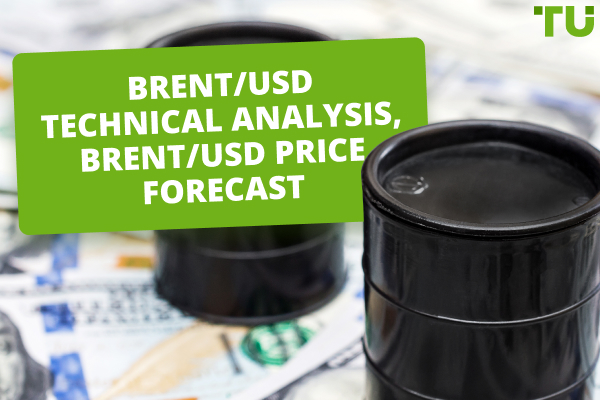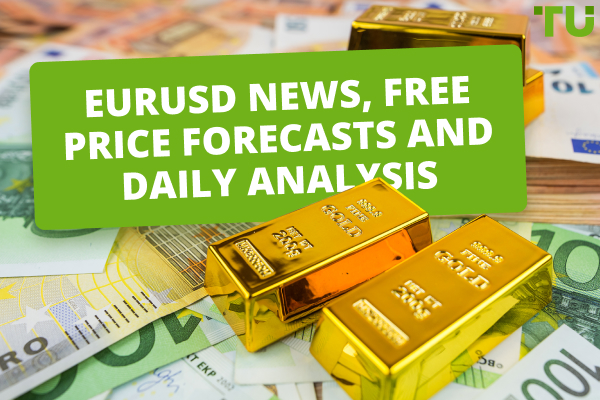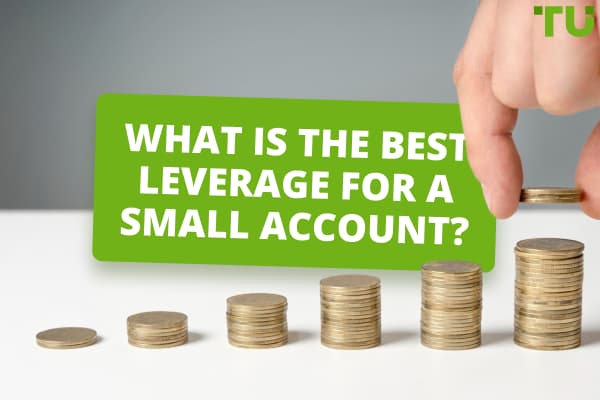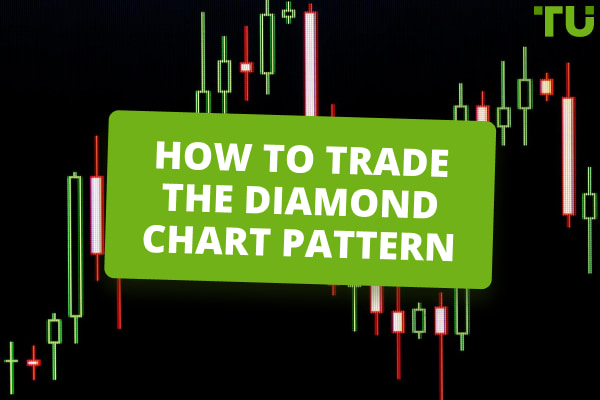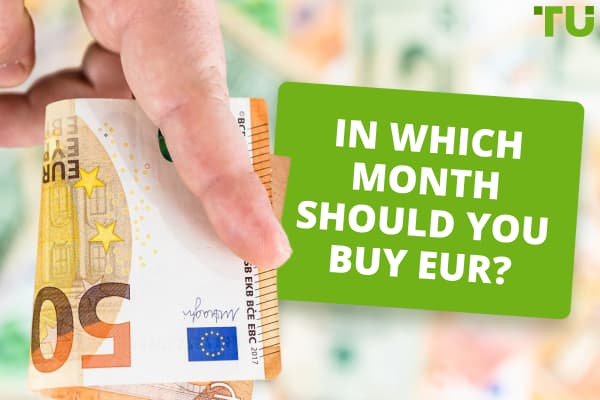How To Find A Forex Trading Mentor
When choosing the right forex trading mentor, think about your trading goals and your own budget. Do your research on the mentor’s reputation and then reach out to them before committing to mentorship. When selecting your mentor, consider their trading experience, fees, trading style, and personality fit.
Because of the complexity of the forex market and the desire to learn how to trade forex successfully, many traders look to forex trading mentorship. Mentorship takes the form of one-on-one sessions with an (usually) experienced forex trader, who teaches learners everything they need to know in order for them to develop a successful trading strategy and grasp the various aspects of the forex market.
Not all forex trading mentors are the same though, with each having different teaching styles, costs, or experience. It’s important then for traders to carefully select who they want to guide them toward better trading behavior.
How to find a Forex trading mentor
Acquiring a mentor to guide you through your forex trading journey one-on-one can have its benefits. For example, having someone to educate you individually means that all of the focus is on you, with any questions you have along the way being answered in real time. A mentor can usually work according to your schedule and can do so from anywhere in the world, thanks to online technology. The curriculum can also be tailored to meet your specific needs, which facilitates learning.
However, each mentorship experience is unique, so be sure to choose a mentor that’s right for you. Follow these steps when choosing one:
-
Consider Your goals. Reflect on what your own training goals are. If you’re a beginner, you might be better served with a mentor who provides a full ‘package of theory’, explaining the ins and outs of forex, starting from the basics. As a more experienced trader, you might prefer someone who focuses on more complex aspects such as advanced technical analysis. Some mentors will guide you through actual trading, which might align with what you want.
-
Assess Your budget. Decide how much you’re willing to spend. Some mentors could cost as little as $10 per session while others may charge $1000s. Deciding the maximum amount you’re willing to spend before making a selection can greatly narrow down your search.
-
Research each mentor. Read reviews and testimonials to learn more about each potential mentor that you consider. Consider how their personality and teaching style might meld (or not) with your personality and learning style. Keep an eye out for red flags such as bad reviews or a lack of professional pages or websites. Community forums such as BabyPips or Reddit can be a great way to collect a range of experiences and perspectives from other traders.
-
Reach out to mentors. Contact potential mentors using their preferred method of contact such as their website, social media profile, or professional page. Some mentors or mentorship organizations will have dedicated websites, while others might be available on social networks such as LinkedIn or X/Twitter. If possible, arrange a call or meeting with them to get to know them better before committing to a mentorship program.
Best Forex brokers


What to look for in a Forex trading mentor
The most important advice we can offer you is to rigorously research your chosen forex mentor. Get a well-rounded perspective on everything about them, from multiple sources, before you spend any hard-earned capital on their services. Some of the key things to assess in a mentor when choosing them are:
-
Trading experience. A mentor with actual experience in the forex market is naturally going to have a much better understanding of forex trading than someone with little or no experience. You wouldn’t learn to swim from somebody who’s never been in the water before, right? Aim to find a forex mentor with a proven trading track record and maybe even work experience in a financial institution or related field.
-
Costs. The mentor’s experience level will often influence the costs. Bear in mind that the more valuable their experience, the higher their costs are likely to be. Consider whether the fees associated with studying under an experienced and successful trader will outweigh the potential financial benefits. Also try to determine if the fees they charge are worth what the program offers. Paying a hefty fee for an hour of studying things you already understand may not be worth your time and money.
-
Teaching style. When conducting your research on each mentor, try to find out if their teaching style works for you. You’ll want to find a mentor that can communicate complex forex concepts in a clear and concise way. Some mentors may inundate you with information through slides and presentations, while others may opt for more hands-on learning through a demo forex account.
-
Personality fit. It can be difficult to study and be guided by somebody who you don’t get along with. The best way to figure out if a forex mentor’s personality is for you is by arranging a meeting before mentorship begins. A mentor that you like and whose personality melds well with yours will make learning easier and more enjoyable, and therefore more effective.
Tips for finding a Forex trading mentor
It’s crucial when searching for a forex mentor to do your research and exercise caution when selecting one. As you’ll most likely be using your own capital, it’s important to make sure that you get the most out of your investment. Here are some additional tips for finding a forex trading mentor:
-
Ask around. One of the best ways to narrow down the search for reputable mentors is to ask other people. Try talking to other traders you know to see if they have any recommendations. If you don’t know anyone, try asking on online trading community forums or on social media. If a trader is willing to recommend a certain mentor, there’s a strong chance that the mentor is good enough.
-
Free samples. Look for mentors who offer a free consultation before you sign up with them. This is a great way to get to know the mentor and see if they are a good fit for you. Some mentors may have tutorial videos or guides available for free too. See if these free samples resonate with you and use them to assess if you like the mentor.
-
Prepare for payment. Be prepared to pay for the services of a forex mentor. Mentorship for forex traders can cost anywhere from $10 to $1000. Prices will vary widely. It’s extremely unlikely that you will find a free mentor - if somebody is offering their services for free, be cautious as it could be a scam.
Conclusion
Learning everything there is to know about forex can involve thousands of hours of learning. While a mentor can help to narrow this down and focus on only the important knowledge, it’s not a guaranteed method to quickly becoming a successful trader. Augment your learning by reading the vast library of online information, taking online courses, engaging in community forums, and practicing using a demo account.
FAQs
Are Forex mentors worth it?
This really depends on an individual trader’s trading goals and available capital. For a beginner trader looking to learn everything about forex, there are plenty of online sources that can teach the basics for free. A forex mentor, depending on their fee, may be more worthwhile for finetuning a trader’s strategy and targeting specific areas of knowledge.
How do I find a good forex trader?
There are many ways. Try asking around for recommendations from other traders you know. Online forex trading community forums are also a great source for information, and you can post asking for advice.
Should I trust forex traders?
The forex trading community is incredibly diverse, filled with people from all over the world with a wide range of experiences. As with anything involving money online, exercise caution and conduct research into any investment you make with your own capital.
How long does it take to learn forex?
It depends on your method. The world of forex is always evolving, and traders should be continuously learning. However, experienced forex traders claim that their learning took hundreds, if not thousands of hours. Some may find the best way to learn is to read and watch videos, while others may prefer a hands-on approach such as trading with demo accounts. The amount of time will vary depending on how you learn.
Glossary for novice traders
-
1
Broker
A broker is a legal entity or individual that performs as an intermediary when making trades in the financial markets. Private investors cannot trade without a broker, since only brokers can execute trades on the exchanges.
-
2
Trading
Trading involves the act of buying and selling financial assets like stocks, currencies, or commodities with the intention of profiting from market price fluctuations. Traders employ various strategies, analysis techniques, and risk management practices to make informed decisions and optimize their chances of success in the financial markets.
-
3
Forex Trading
Forex trading, short for foreign exchange trading, is the practice of buying and selling currencies in the global foreign exchange market with the aim of profiting from fluctuations in exchange rates. Traders speculate on whether one currency will rise or fall in value relative to another currency and make trading decisions accordingly.
-
4
CFD
CFD is a contract between an investor/trader and seller that demonstrates that the trader will need to pay the price difference between the current value of the asset and its value at the time of contract to the seller.
-
5
Index
Index in trading is the measure of the performance of a group of stocks, which can include the assets and securities in it.
Team that worked on the article
Jason Law is a freelance writer and journalist and a Traders Union website contributor. While his main areas of expertise are currently finance and investing, he’s also a generalist writer covering news, current events, and travel.
Jason’s experience includes being an editor for South24 News and writing for the Vietnam Times newspaper. He is also an avid investor and an active stock and cryptocurrency trader with several years of experience.
Dr. BJ Johnson is a PhD in English Language and an editor with over 15 years of experience. He earned his degree in English Language in the U.S and the UK. In 2020, Dr. Johnson joined the Traders Union team. Since then, he has created over 100 exclusive articles and edited over 300 articles of other authors.
Mirjan Hipolito is a journalist and news editor at Traders Union. She is an expert crypto writer with five years of experience in the financial markets. Her specialties are daily market news, price predictions, and Initial Coin Offerings (ICO).


